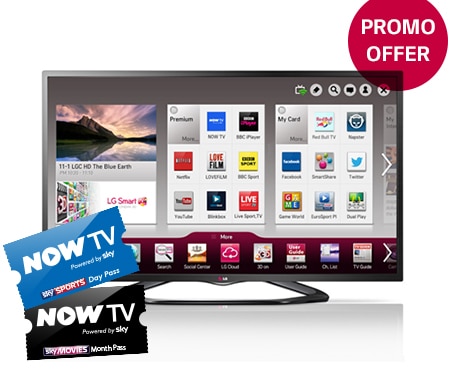CIO Magazine has an interesting round-up piece that looks at the enterprise impact of wearable technology, which you can read here. Much of this is what you’d expect: FitBit, Google Glass and the (coming) tsunami of smart watches that will soon wash over us. The Cliff’s Notes version is that adoption of wearables will be rapid in verticals that are positioned to leverage the technology early on – such as healthcare and retail. But the piece argues that enterprises risk ‘missing’ the wearable wave in the same way that they ‘missed’ (or at least didn’t plan for) the mobile computing revolution. What might planning entail? Pilots, apparently – maybe of Google Glass or a competing technology. [Read more Security Ledger coverage of wearable technology. ] An interesting side note concerns a possible enterprise ‘killer app’ for wearables; authentication. The article quotes Forrester Analyst J.P. Gownders saying that wearable technology, with integrated biometric […]
Advertising
FTC Settles With Flashlight App Maker Over Geotracking
The Federal Trade Commission (FTC) announced on Thursday that it settled with the maker of a popular Android mobile flashlight application over charges that the company used deceptive advertising to collect location and device information from Android owners. The FTC announced the settlement with Goldenshores Technologies, LLC of Moscow, Indiana, makers of the “Brightest Flashlight Free” Android application, saying that the company failed to disclose wanton harvesting and sharing of customers’ location and mobile device identity with third parties. Brightest Flashlight Free is a top download from Google Play, the main Android marketplace. Statistics from the site indicate that it has been downloaded more than one million times with an overall rating of 4.8 out of 5 stars. The application, which is available for free, displays mobile advertisements on the devices that it is installed on. However, the device also harvested a wide range of data from Android phones which […]
Fix From LG Ends Involuntary SmartTV Snooping, But Privacy Questions Remain
The electronics firm LG issued a software update for some “Smart TV” models that were discovered spying on owners, but the company still faces scrutiny over its privacy policy. The company issued a firmware update for its LG 42LN575V model television sets, which were the subject of scrutiny last week after a UK-based technology consultant using the handle “DoctorBeet” discovered that his LG television was transmitting information about his viewing habits to company servers without his consent. The blogger, “DoctorBeet” (aka Jason Huntley, of Yorkshire, England) first wrote about his discovery on November 18, setting off a small firestorm of controversy. An analysis by Huntley uncovered a number of sketchy or outright illegal data harvesting behaviors. Among them: His LG television sent information on which channels he viewed to an LG-owned web domain. (The domain in question was not in service at the time.) The LG television relayed information on […]
At FTC Forum, Experts Wonder: Is Privacy Passé?
The U.S. Federal Trade Commission (FTC) used a one-day workshop to highlight security and privacy issues prompted by so-called “Internet of Things.” But attendees at the event may have walked away with a more ambiguous message, as prominent technologists and industry representatives questioned whether conventional notions of privacy had much relevance in a world populated by billions of Internet-connected devices. “I don’t feel like privacy is dead,” keynote speaker Vint Cerf, a Vice President and Chief Internet Evangelist at Google, told an audience at the FTC workshop. “I do feel like privacy will be increasingly difficult for us to achieve,” Cerf warned. And Cerf wasn’t alone in wondering whether that might not be such a bad thing – or even that unusual. “Is privacy an anomaly?” Cerf wondered aloud, recalling his experience living in a small, German town where the “postmaster knew what everyone was doing.” Our modern concept of being ‘alone […]
IT Pros: Internet Of Things Is A Governance Disaster
Not that we needed a survey to tell us this: but IT pros are seriously concerned about the risks posed by all the IP-enabled devices that are starting to connect to their corporate networks. That’s the conclusion of a survey of 2,013 members of ISACA, a worldwide association of information security professionals, which found almost unanimous agreement that the Internet of Things poses a governance problem for their networks, with increased security threats the most oft-cited governance issue raised by IoT adoption. The survey (PDF) also polled 4,000 consumers in the U.S., U.K., India and Mexico, finding that IT professionals were less sanguine than consumers about the transformative potential of the Internet of Things for enterprises. Just four in 10 agreed that the benefits of IoT adoption outweighed the risks, while half of the ISACA members polled felt that the benefits of IoT to consumers outweighed the risks. Around a quarter of […]




